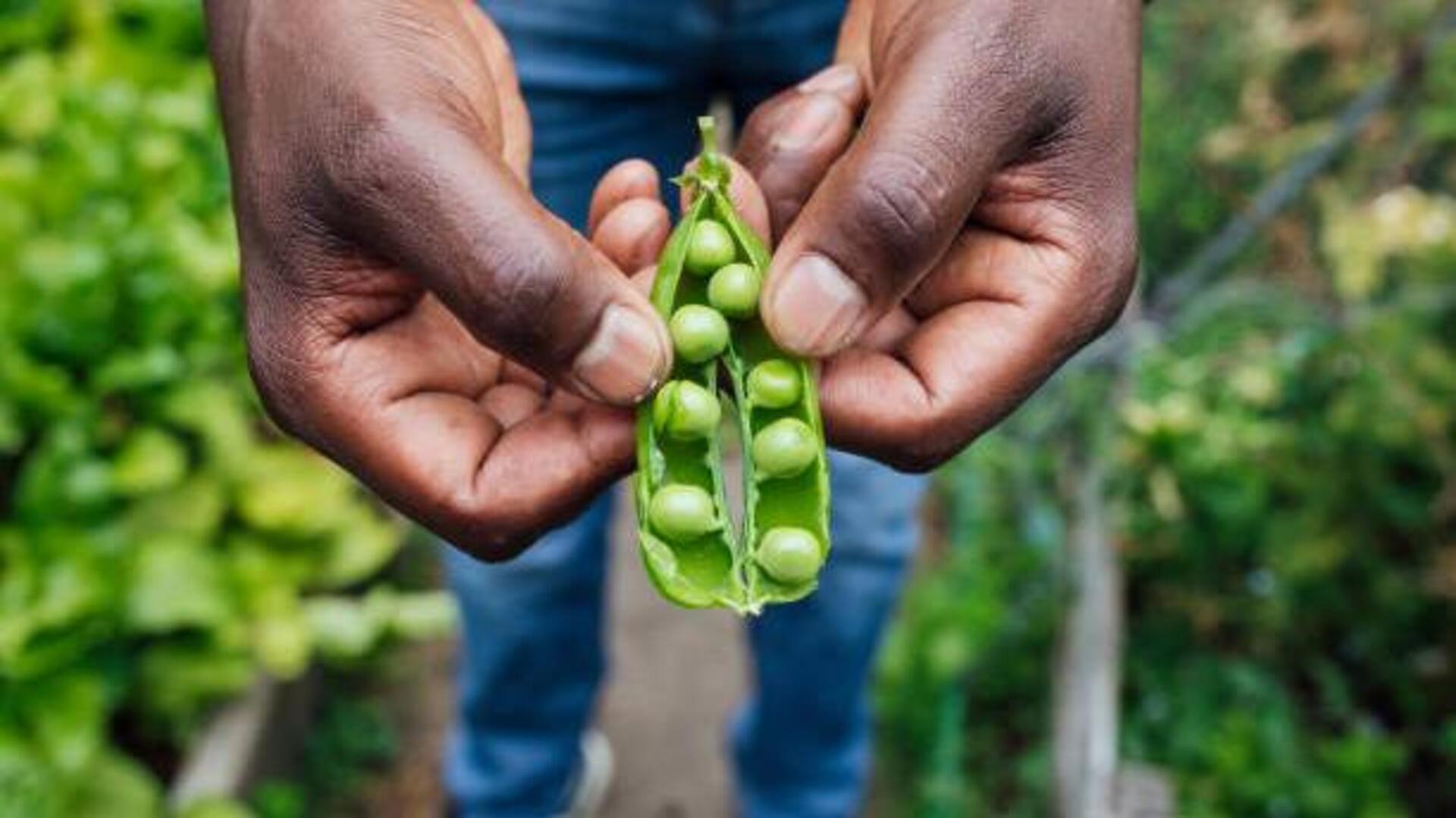
Gardening 101: How to grow local crops
What's the story
As more people embrace urban gardening as a sustainable way to grow their own food, African indigenous crops provide an excellent opportunity to diversify your produce and contribute to biodiversity. These crops are ideal for small spaces and can flourish in an urban setting with proper care. Not only will you have access to fresh, nutritious produce, but you'll also reconnect with traditional agricultural practices.
Tip 1
Selecting suitable crops
When starting an urban garden with African indigenous crops, make sure to go for varieties that are adaptable to your local climate. Consider drought-resistant options like amaranth or cowpeas, which require lesser water and can withstand varying weather conditions. Leafy greens like moringa or African spinach are also excellent choices owing to their nutritional value and ability to grow easily even in confined spaces.
Tip 2
Soil preparation techniques
Proper soil preparation is critical to the success of your urban garden. Use well-draining soil mixed with organic compost to provide your plants with the essential nutrients. Raised beds or containers can help you manage soil quality and drainage better. Regularly test the pH levels of your soil, aiming for a neutral range between six to seven, which is perfect for most African indigenous crops.
Tip 3
Efficient watering methods
Water conservation is crucial in urban gardening, especially while growing drought-tolerant African crops. Implement drip irrigation systems or use self-watering pots to reduce water usage while keeping moisture consistent. Mulching around plants retains soil moisture and reduces evaporation rates by 70%. Water early in the morning or late in the afternoon to avoid rapid evaporation on hot days.
Tip 4
Pest management strategies
Managing pests naturally is key to keeping your urban garden healthy, without chemical pesticides. Introduce beneficial insects like ladybugs or lacewings that prey on common pests like aphids and caterpillars. Companion planting with herbs like basil or marigold can keep harmful insects at bay, while attracting pollinators that'll increase crop yield by 30%. Regularly inspect plants for signs of infestation, and remove affected leaves quickly.